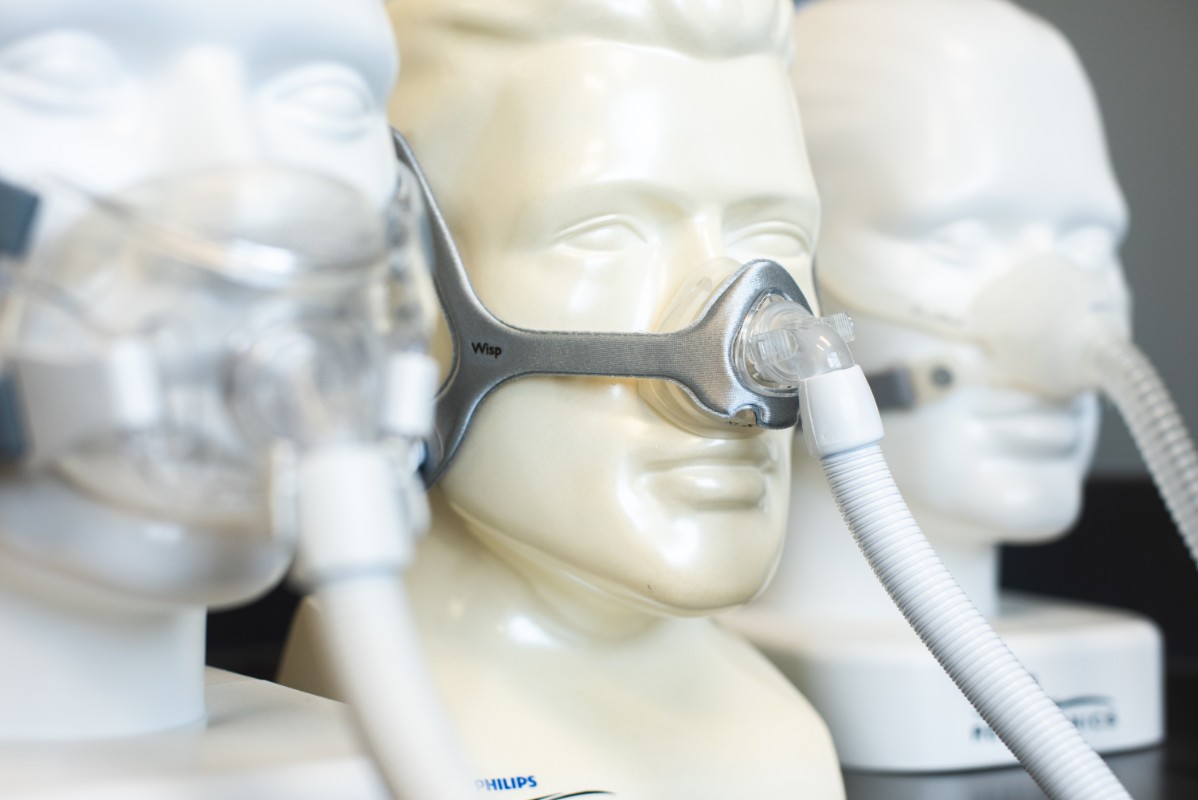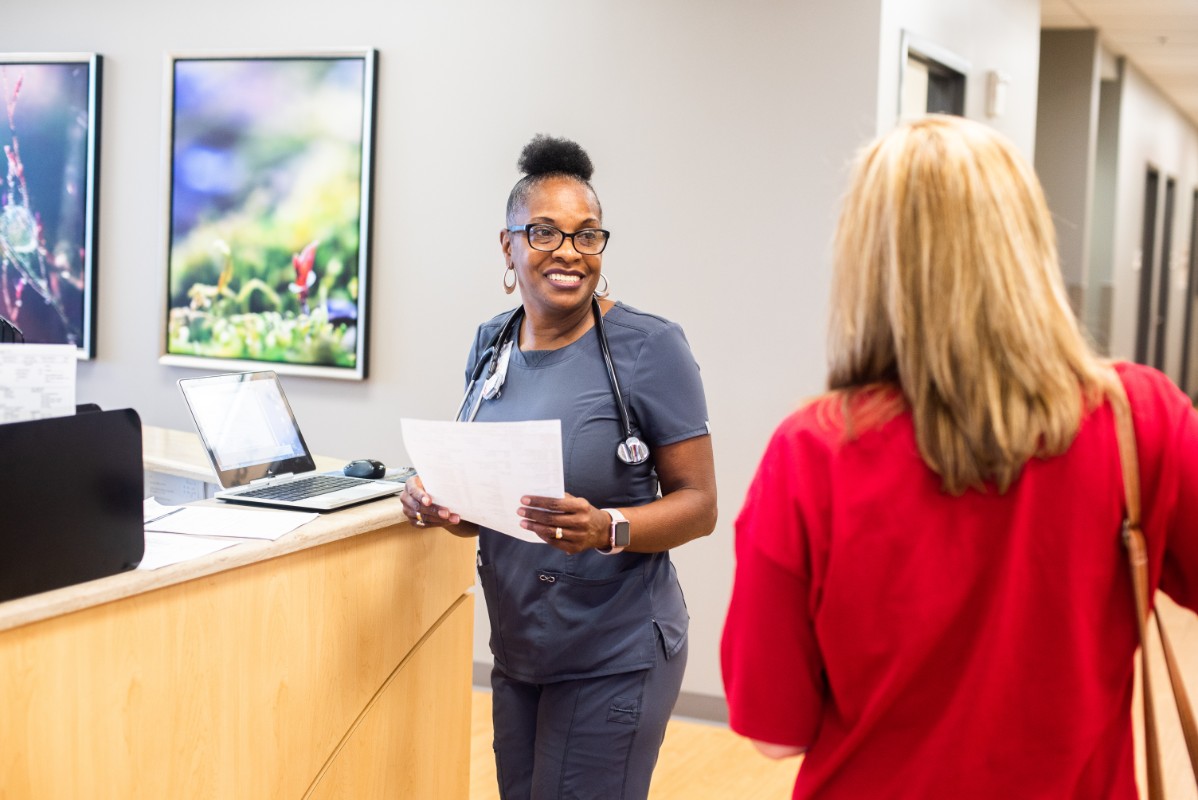Sleep Disorders
SLEEP APNEA is a disorder that affects a person’s breathing during sleep. A person with sleep apnea has times during sleep in which air cannot flow normally into the lungs. The block in airflow is usually caused by collapse of the soft tissues in the back of the throat and tongue during sleep. Sleep Apnea can affect anyone at any age and cause major health problems if untreated (such as, hypertension, diabetes, depression, obesity, and heart arrhythmia).
Symptoms of Sleep Apnea
- Loud snoring
- waking up with dry or sore throat
- headaches
- waking up with gasping or choking sensation
- restless sleep
- sleepiness or lack of energy during the day
- forgetfulness
- mood changes
- insomnia
- decrease sex drive
People at High Risk
- overweight
- large neck size
- large tongue small jaw bone
- male
- post-menopausal women
- nasal disruption
- family history of sleep apne
Central Sleep Apnea
A disorder in which your breathing repeatedly stops and starts during sleep. Central apnea occurs because your brain doesn’t send proper signals to the muscles that control your breathing.
Symptoms of Central Sleep Apnea
-
observed episodes of abnormal breathing patterns during sleep
-
abrupt awakening accompanied by shortness of breath that’s relieved by sitting up
-
excessive daytime sleepiness
-
difficulty staying asleep
-
chest pain at night
-
difficulty concentrating
-
mood changes
-
morning headaches
Diagnosing Sleep Apnea & Central Sleep Apnea
Polysomnography – records your brain waves, the oxygen level in your blood, heartrate, and breathing, as well as eye and leg movement during the study.
In some instances, this can be done in the home.
Treatment Options
CPAP – Continuous positive airway pressure
BiPAP – Bilevel positive airway pressure
Oral appliance – Mandibular Advancement Devices, Splints, and Repositioning Appliances – These types hold your tongue in place so that your airway stays open while you sleep. They look like mouth guards used by athletes. Worn only at night while you sleep. An oral appliance will usually improve your sleep apnea, but may not completely control it. If you have moderate or severe sleep apnea, CPAP is more likely to work to correct your sleep apnea than an oral appliance. Oral appliances are also not the main therapy if you have significant heart disease or are very sleepy during the day. A sleep specialist can provide guidance regarding the most appropriate therapy for you.
Oral appliance - hypoglossal nerve stimulator, called Inspire. Surgically implanted device that actuates the hypoglossal nerve to tighten the muscles of the tongue and upper airway during sleep to improve airflow and reducing sleep apnea. (inspiresleep.com)



